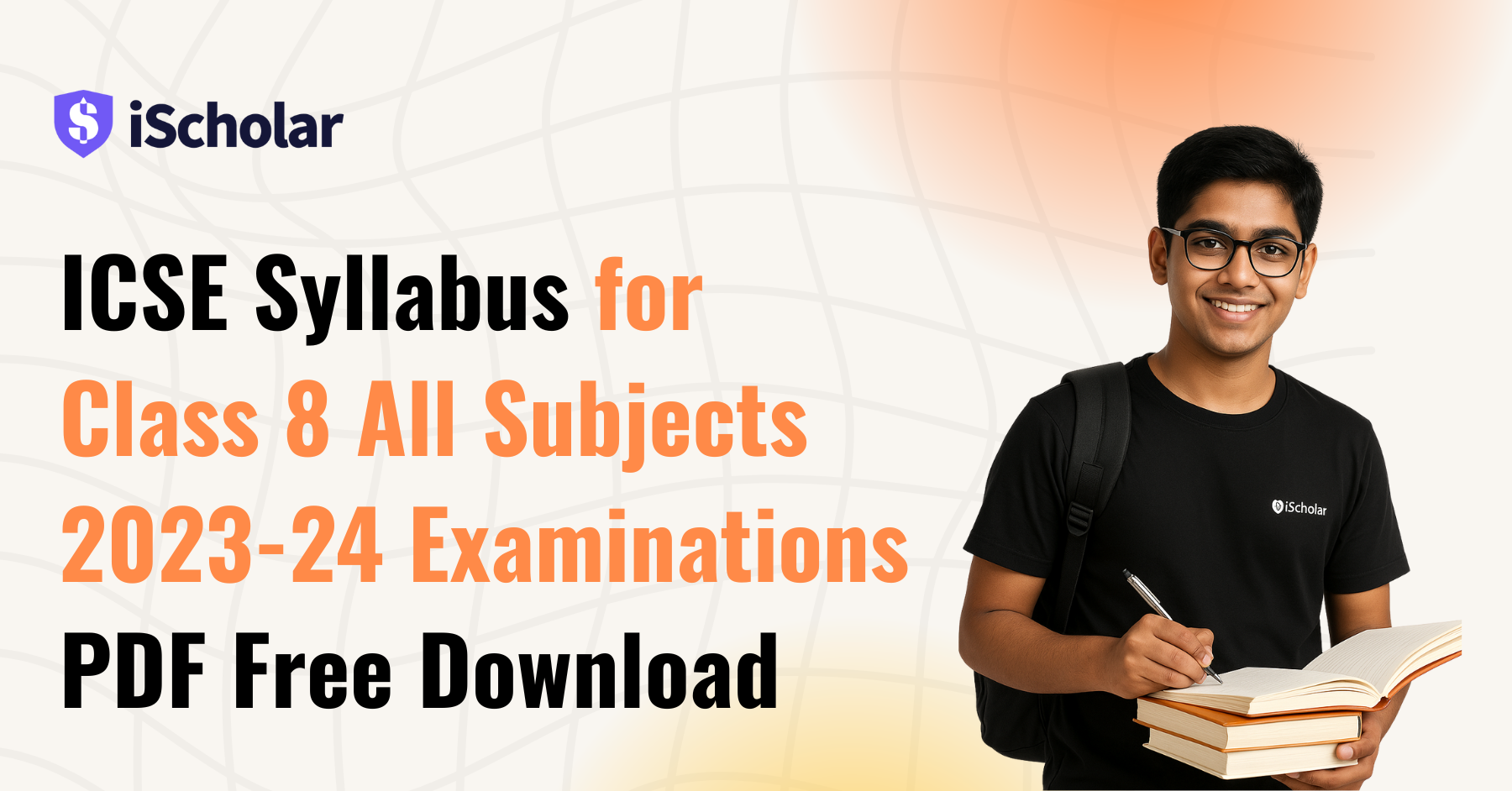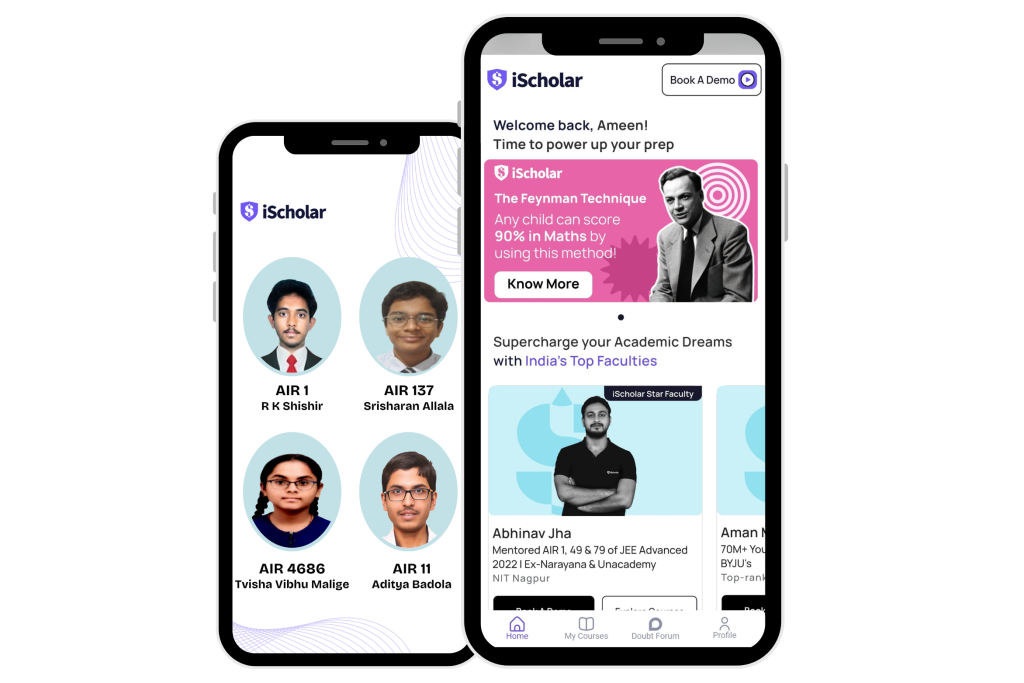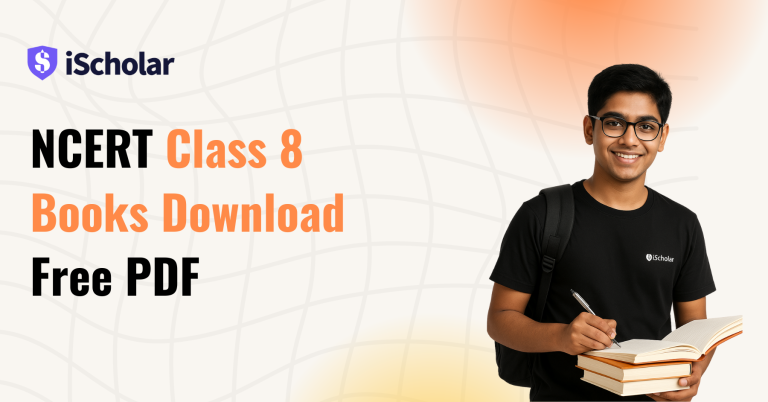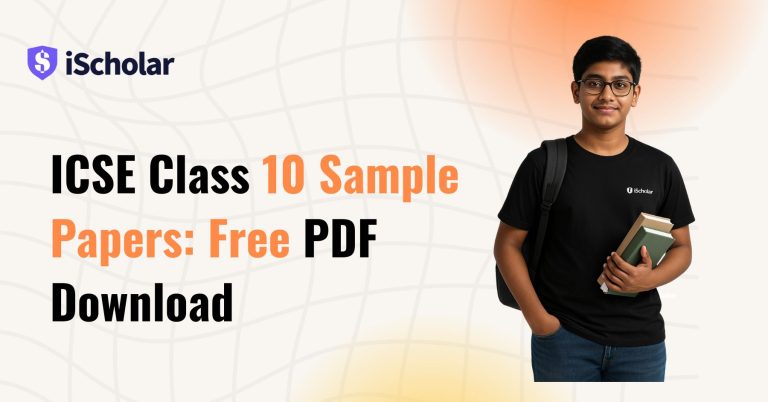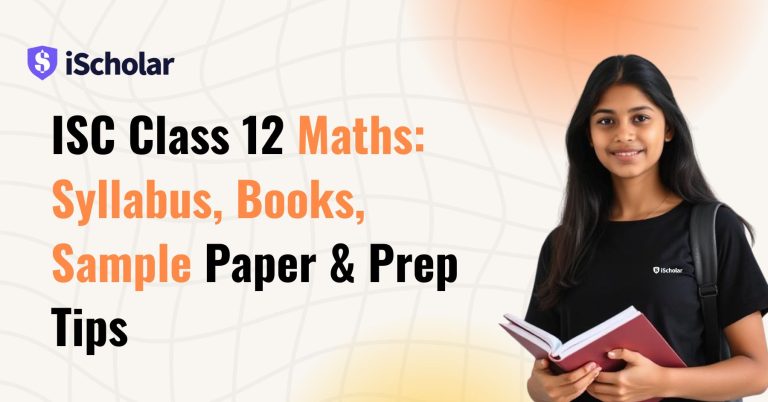Preparing for the ICSE Class 8 examinations can be a crucial step towards a successful academic journey. In this comprehensive guide, we provide you with the ICSE Syllabus for Class 8 All Subjects 2023-24 Examinations along with valuable insights, tips, and free PDF download options. Whether you’re a student or a parent, this guide will help you navigate through the syllabus, understand its nuances, and ensure effective exam preparation.
In this section, we present the detailed syllabus for each subject along with the download link for the PDF version:
English Language
The English Language syllabus for Class 8 focuses on enhancing language skills through diverse reading materials, comprehension exercises, and creative writing tasks. Students will explore various literary genres, analyze texts, and develop their expressive abilities.
| ICSE Class 8 English Syllabus Chapter-wise |
| Chapter 1 Parts of Speech |
| Chapter 2 Comprehension Passage |
| Chapter 3 Tenses (Present Tense) |
| Chapter 4 Tenses (Past Tense) |
| Chapter 5 Tenses (Future Tense) |
| Chapter 6 Sentences (Part 1) |
| Chapter 7 Sentences (Part 2) |
| Chapter 8 Subject-Verb Agreement |
| Chapter 9 Composition and Paragraph Writing |
| Chapter 10 Preposition |
| Chapter 11 Letter Writing – Formal and Informal |
| Chapter 12 Determiners |
| Chapter 13 Conjunctions |
| Chapter 14 Active and Passive Voice (Part 1) |
| Chapter 15 Active and Passive Voice (Part 2) |
| Chapter 16 Notice and E-mail Writing / Diary Writing |
| Chapter 17 Adjectives and Adverbs |
| Chapter 18 Conjunctions |
| Chapter 19 Summary and Precise Writing / Figures of Speech / Story Writing |
| Chapter 20 Reported Speech (Part 1) |
| Chapter 21 Reported Speech (Part 2) |
| Chapter 22 Modals |
| Chapter 23 Transformation of Sentences (Part 1) |
| Chapter 24 Transformation of Sentences (Part 2) |
| Chapter 25 Phrases and Clauses |
| Chapter 26 Articles |
| Chapter 27 Homonyms / Homophones |
Mathematics
The Mathematics syllabus aims to strengthen students’ mathematical foundation by covering topics like algebra, geometry, arithmetic, and data handling. Problem-solving and logical thinking are emphasized, contributing to overall cognitive development.
| ICSE Class 8 Maths Syllabus |
| Chapter 1 Rational Numbers |
| Chapter 2 Exponents and Powers |
| Chapter 3 Squares and Square Roots |
| Chapter 4 Cubes and Cube Roots |
| Chapter 5 Playing with Numbers |
| Chapter 6 Sets |
| Chapter 7 Percent and Percentage |
| Chapter 8 Profit and Loss |
| Chapter 9 Simple and Compound Interest |
| Chapter 10 Direct and Inverse Variation |
| Chapter 11 Algebraic Expressions |
| Chapter 12 Algebraic Identities |
| Chapter 13 Factorisation |
| Chapter 14 Linear Equations in One Variable |
| Chapter 15 Linear Inequations |
| Chapter 16 Quadrilaterals |
| Chapter 17 Special Types of Quadrilaterals |
| Chapter 18 Construction |
| Chapter 19 Representing 3-D in 2-D |
| Chapter 20 Symmetry – Reflection and Rotation |
| Chapter 21 Area of a Trapezium and Polygons |
| Chapter 22 Surface Area, Volume, and Capacity |
| Chapter 23 Data Handling |
| Chapter 24 Probability |
Science (Physics, Chemistry, and Biology)
The Science syllabus introduces students to the fundamental principles of physics, chemistry, and biology. It encourages hands-on learning, observation, and critical thinking, fostering a scientific temperament among students.
| Download ICSE Class 8 Physics Syllabus |
| Download ICSE Class 8 Chemistry Syllabus |
| Download ICSE Class 8 Biology Syllabus |
| ICSE Class 8 Physics Syllabus Chapter-wise |
| Chapter 1 Roadmap |
| Chapter 2 Matter – Kinetic Theory of Matter |
| Chapter 3 Physical Quantities and Measurements |
| Chapter 4 Force and Pressure |
| Chapter 5 Energy |
| Chapter 6 Light Energy |
| Chapter 7 Heat Transfer |
| Chapter 8 Sound |
| Chapter 9 Electricity |
| ICSE Class 8 Chemistry Syllabus |
| Chapter 1 Matter |
| Chapter 2 Physical and Chemical Changes |
| Chapter 3 Elements, Compounds and Mixtures |
| Chapter 4 Atomic Structure |
| Chapter 5 Language of Chemistry |
| Chapter 6 Chemical Reactions |
| Chapter 7 Carbon and its Compounds |
| Chapter 8 Water |
| Chapter 9 Hydrogen |
| ICSE Class 8 Biology Syllabus |
| Chapter 1 Transport of Food and Minerals in Plants |
| Chapter 2 Reproduction in Plants |
| Chapter 3 Reproduction in Animals |
| Chapter 4 Ecosystem |
| Chapter 5 Endocrine System |
| Chapter 6 Adolescence |
| Chapter 7 Circulatory System |
| Chapter 8 Nervous System |
| Chapter 9 Diseases and First Aid |
History and Civics
History and Civics syllabus delves into the past, presenting historical events and their significance. It also educates students about the functioning of governments, democratic principles, and civic responsibilities.
| ICSE Class 8 SST Syllabus |
| Chapter 1 Our Resources |
| Chapter 2 A Period of Transition |
| Chapter 3 The Constitution of India |
| Chapter 4 Land and Soil Resources |
| Chapter 5 The Growth of Nationalism: The Age of Revolutions |
| Chapter 6 Secularism and the Indian Constitution |
| Chapter 7 Water Resources |
| Chapter 8 Parliamentary Government and the Union Executive |
| Chapter 9 The American Civil War |
| Chapter 10 Natural Vegetation and Wildlife Resources |
| Chapter 11 Modern Period in Indian History – When, Where and How |
| Chapter 12 The Judiciary |
| Chapter 13 Mineral and Power Resources |
| Chapter 14 Understanding Laws |
| Chapter 15 Colonial Rule in India |
| Chapter 16 Types of Agriculture and Major Crops |
| Chapter 17 Role of Police and Courts |
| Chapter 18 Colonial Administration |
| Chapter 19 Rural Life and Society |
| Chapter 20 Major Crops and Agricultural Development |
| Chapter 21 Colonialism and Tribal Societies |
| Chapter 22 Understanding Marginalisation |
| Chapter 23 Weavers, Crafts and Industries |
| Chapter 24 Manufacturing Industries |
| Chapter 25 Revolt of 1857 |
| Chapter 26 Social Justice and the Marginalised |
| Chapter 27 Education and British Rule |
| Chapter 28 Industries: Comparative Studies |
| Chapter 29 Socio-Religious Reforms |
| Chapter 30 Economic Presence of the Government |
| Chapter 31 Challenging the Caste System |
| Chapter 32 Human Resources |
| Chapter 33 Colonialism and Urban Changes |
| Chapter 34 The United Nations |
| Chapter 35 Changes in Art and Architecture |
| Chapter 36 Indian National Movement |
| Chapter 37 National Movement: Gandhian Era |
| Chapter 38 India After Independence |
Computer Studies
The Computer Applications syllabus introduces students to basic programming concepts, software applications, and computer ethics. It equips them with practical skills for the digital age.
Art
Art syllabus encourages students’ creative expression through drawing, painting, and craftwork. It fosters imagination and artistic skills, contributing to a well-rounded education.
Expert Tips for Effective Exam Preparation
- Organize Your Study Schedule: Create a realistic study timetable that allocates sufficient time to each subject. Consistency is key to mastering the syllabus.
- Understand Concepts: Focus on understanding the underlying concepts rather than rote memorization. This approach will help you apply knowledge to various scenarios.
- Practice Regularly: Solve previous years’ question papers and sample papers to get acquainted with the exam pattern and practice time management.
- Use Online Resources: Explore reputable online resources, educational websites, and videos to clarify doubts and reinforce your learning.
FAQs (Frequently Asked Questions)
What is the significance of the ICSE Class 8 syllabus?
The ICSE Class 8 syllabus lays the foundation for higher classes. It introduces students to a diverse range of subjects, promoting holistic development and a deeper understanding of the world around them.
Where can I find the ICSE Syllabus for Class 8 All Subjects Examinations PDF?
You can download the ICSE Syllabus for Class 8 All Subjects Examinations PDF for free from reputable educational websites and official ICSE board websites.
How can I effectively manage my time while preparing for the exams?
To manage your time effectively, create a study schedule, prioritize subjects based on difficulty, and allocate breaks for relaxation. Stick to your schedule and avoid last-minute cramming.
Is creative writing important for the English Language exam?
Absolutely! Creative writing showcases your language skills, imagination, and ability to convey ideas effectively. Practice writing essays, stories, and poems to excel in this section.
How can I make History and Civics studies more engaging?
Supplement your studies with historical documentaries, interactive maps, and educational games. Engaging with multimedia content can make learning history and civics more enjoyable and memorable.
Navigating the ICSE Syllabus of Class 8 All Subjects 2023-24 Examinations doesn’t have to be daunting. With the comprehensive syllabus breakdown, expert tips, and free PDF download resources provided in this guide, you’re equipped to approach your studies with confidence. Remember, effective exam preparation is a combination of dedication, understanding, and smart study strategies.

